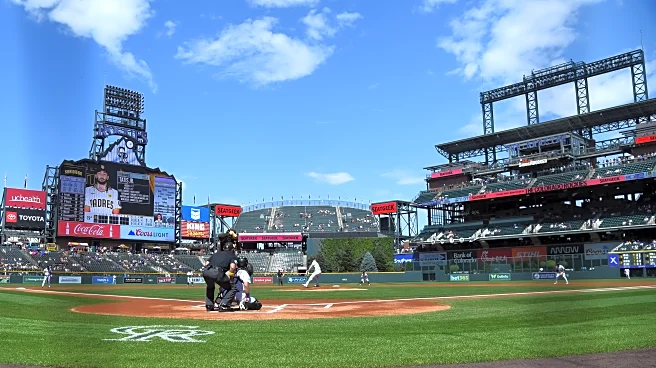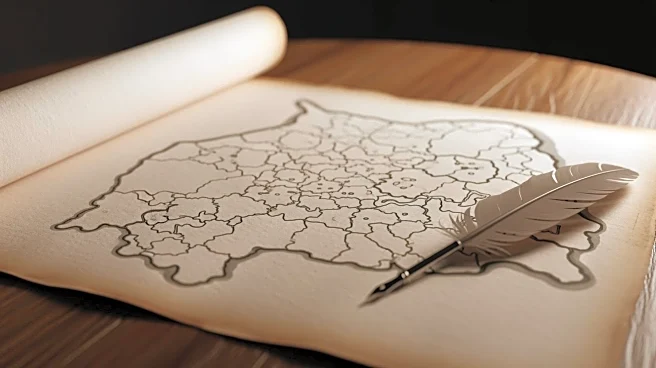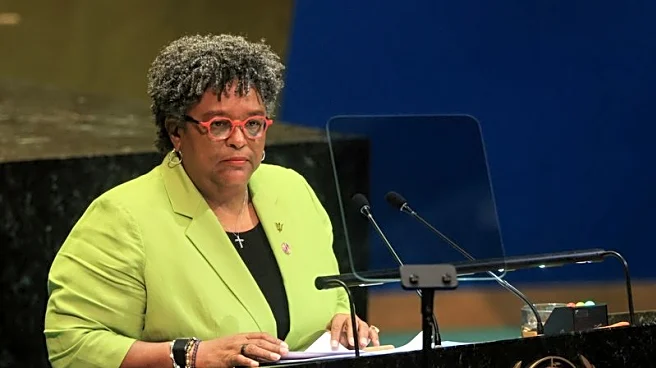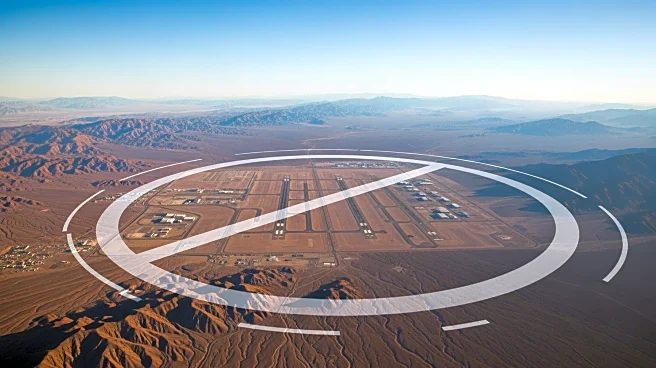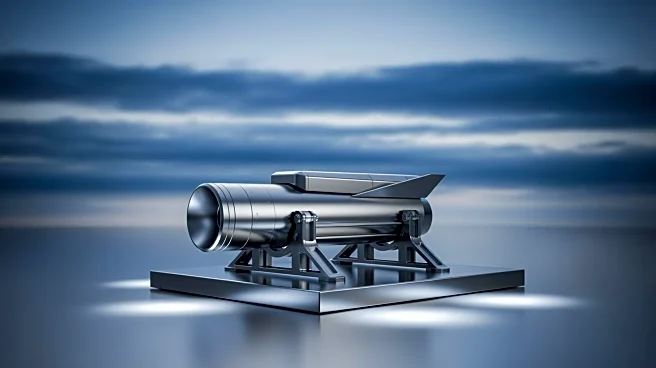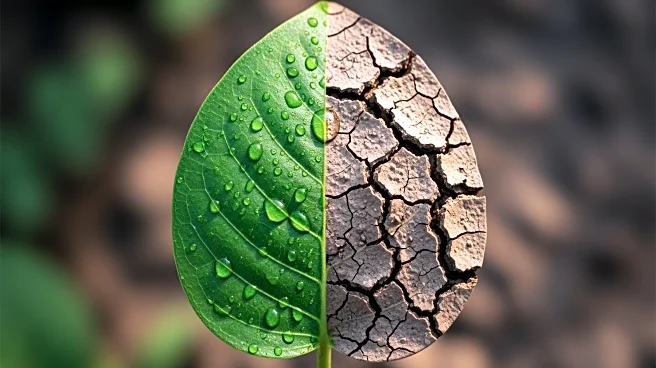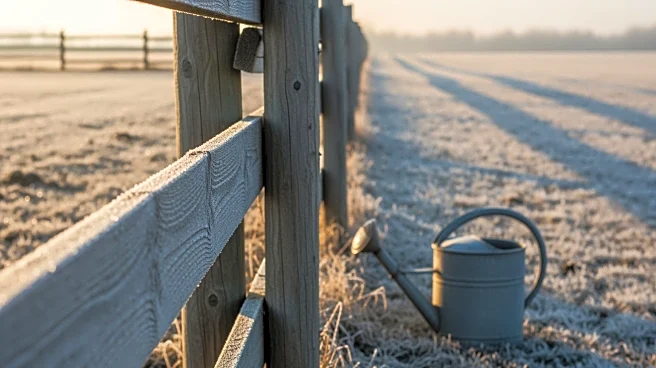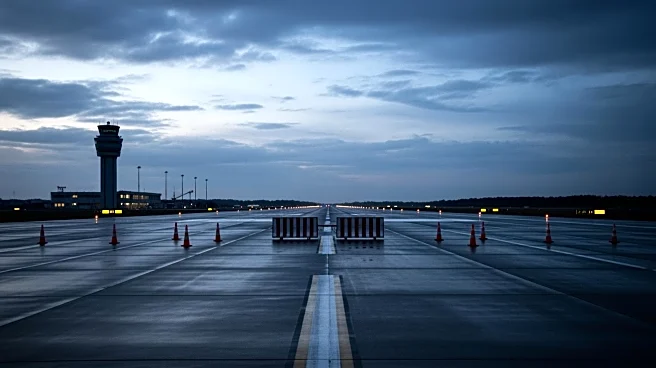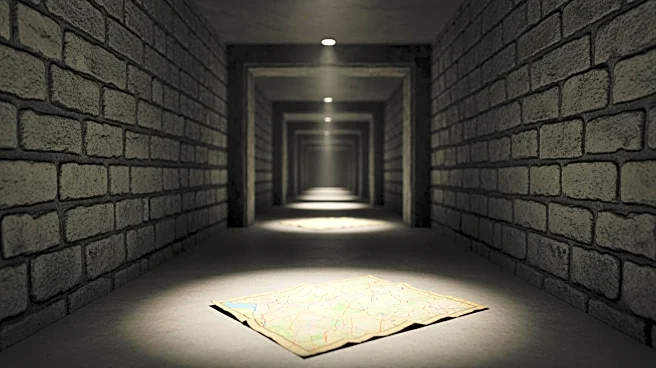With everything that is going wrong for the Colorado Rockies, from a bad defense and an anemic offense to a lost rotation and unreliable bullpen, one of the most disappointing and baffling is the Rockies’ inability to win at home.
The Rockies are currently 23-52 at Coors Field this season. That’s a winning percentage of .307.
The next-worst team is the Athletics, who are playing their first season at Sutter Health Park in Sacramento. The Minor League field is just a layover until the A’s new stadium
is ready in their new home in Las Vegas. The A’s are 30-42 in their temporary home, which is seven wins more than the Rockies have, and their win percentage is .417 — .110 higher than Colorado’s.
While the Rockies have famously struggled away from Coors Field over the years and haven’t found a way to turn playing at 5,280 feet into an advantage, they at least won at home more than they’ve lost. In team history, including two seasons at Mile High Stadium in 1993-94, the Rockies are 1,370-1,214 in Denver. That’s a .530 winning percentage compared to the .457 mark they have all-time.
This season, they have only won six more games at home than they have on the road. Besides, any challenges the Rockies could blame on Coors Field, from changed pitch movement to the big outfield, is the same for the visiting team. The advantage is supposed to come in the Rockies’ familiarity with those conditions after playing 81 games there each season.
The inability to seize the games at home, or even break even, is a huge part of why the Rockies have sealed their third straight 100-plus loss season and are forging the worst season in the organization’s history.
The main reason is obvious: Colorado’s pitching is really bad at 20th and Blake. While the offense is at or above average at home, it’s not enough to make up for the pitching or compete with the other team, which is also taking advantage of the hitter-friendly conditions.
The pitching staff has the worst ERA at home at 6.57 (the next worst are the Nationals at 5.35). These stats aren’t unusual with the thin air and spacious outfield inflating ERAs at Coors Field, but 1.22 worse than the next team makes it impossible to win consistently.
Offensively, the Rockies are averaging 4.57 runs per game, well short of the 7.29 they allow. The Rockies pitchers have the highest batting average against at .312, compared to Rockies hitters’ mark of .276.
The Rockies pitchers also have the fewest strikeouts at 528, while the offense has the second-most strikeouts in MLB at 658. Colorado has the most homers surrendered (122) at home, but only the 14th most hit (79). Rockies pitchers are tied for the most walks at 273, but rank No. 28 at the plate with 202. Opposing hitters slash .312/.375/.517 at Coors Field, while the Rockies at home hit .271/.327/.443. The difference says it all.
Pitching numbers can be expected to be in the lower tier of the league when your home is Coors Field. It might be manageable if the offense were able to take advantage of playing at elevation like their opponents do. But the Rockies don’t.
In order to get the record to even look more like a .500 mark at home, the pitching has to improve, but so does the hitting.
On Aug. 30, when Coors Field recorded a sellout with 47.394 people attending the game, the Rockies lost their 47th game at home. The loss marked the most Colorado has ever had on its home field. At the time, the Rockies had 13 home games left on the schedule. They’ve lost five of their seven home games since and have six home games remaining. At least they are against the Marlins and Angels, which could give the Rockies a better chance to add a few more tallies to the win column.
The previous worst record at home was 35-46 in 2012 (.432). Even if the Rockies win all six of their remaining games at Coors Field in 2025, they will be 29-52 at home (.358). On the bright side, 13 of the Rockies 23 wins at home have come post-All-Star Break despite being a 30-game shorter period of time that’s not even done yet. That’s a 13-16 mark at home in the second half for a winning percentage of .448.
On one hand, it’s not surprising that in the worst season in Rockies history, they would have the most losses at home. They are good at losing — good at losing anywhere.
This talent for losing calls for a “Green Eggs and Ham” parody.
The Rockies do not win at home;
they do not win in a dome.
They do not win on the road;
they do not win when it’s snowed.
They do not win without knocks;
they do not win without walks.
They don’t win with high socks,
they do not win, the Colorado Rox.
If the Rockies are going to start climbing back to being a competitive team, they have to win at home.
Right now, many games have home-away-from-home conditions for teams like the Dodgers, Cubs, Cardinals, Yankees and more due to Rockies fans being outnumbered in the seats. The Rockies have to reclaim their home field. If they want to stop being the worst team in MLB, they need to start by playing better at home.
To conclude with Dr. Seuss:
The Rockies must win at elevation;
they must have analytic motivation.
They must be a run-scoring sensation;
they must stop opponent run inflation
They must win more at Coors Field;
they must do this to be healed.
On the Farm
Triple-A: El Paso Chihuahuas 4, Albuquerque Isotopes 2
Keston Hiura hit a solo homer and Sam Hilliard hit an RBI single, but it wasn’t enough for the Isotopes on Thursday night. Owen Miller went 2-for-4 with a double and scored a run. Kyle Brnovich took the loss, giving up four runs on six hits, including a homer, and struck out five in three innings in the loss. Sterlin Thompson and Zac Veen each added singles on a night when Alburquerque only had six hits.
Double-A: Richmond Flying Squirrels 6, Hartford Yard Goats 5
Hartford was up 5-2 in the sixth inning and was in good position to keep its playoff hopes alive on Thursday night. Instead, the Flying Squirrels came back to win the game when Diego Velasquez hit a walk-off double and the Eastern League scoreboard results officially eliminated Hartford from playoff contention. Nic Kent hit a two-run single and drove in another run when he was hit by a pitch, Braylen Wimmer hit an RBI single and Julio Carerras also had an RBI hit by a pitch for Hartford.
Low-A: San Jose Giants 7, Fresno Grizzlies 6
The Grizzlies rallied back with two runs in the top of the ninth and had the tying run at second base, but weren’t able to pull off the comeback, falling in Game 2 and being eliminated from the California League playoffs on Thursday night. Fresno lost to the Giants on Tuesday 2-0 in Game 1 of the best-of-three series.
Down 7-4 entering the ninth, Kevin Fitzer led off with a single, Juan Brito then reached on an error and Ethan Holliday loaded the bases with a single. Robert Calaz followed with a fielder’s choice to score Fitzer and a San Jose fielding error allowed Brito to score. Tanner Thach then singled, sending Calaz to second, but the Grizzlies couldn’t capitalize on it. Thatch went 2-for-4 with a run scored and an RBI and Kelvin Hidalgo added two hits as well.
For more on the Rockies farm system, check out this week’s Pebble Report.
Rockies starter Chase Dollander reacts in San Diego to season-ending injury | Denver Gazette
Chase Dollander’s rookie season has some bright moments, but also rough spots, including a stint back down in Triple-A. Now it’s ending sooner than anyone hoped because of an injury. Kevin Henry caught up with Dollander about how he felt like his first MLB season went.
Rockies fans question Patrick Saunders on everything from the classic “what will it take” for Dick Monfort to make changes to the future of Germán Márquez and more.
Unsurprisingly, the Rockies are not one of the teams featured in this article.
Be respectful in your interactions with Purple Row contributors and fellow fans. Go here to read our community guidelines.
